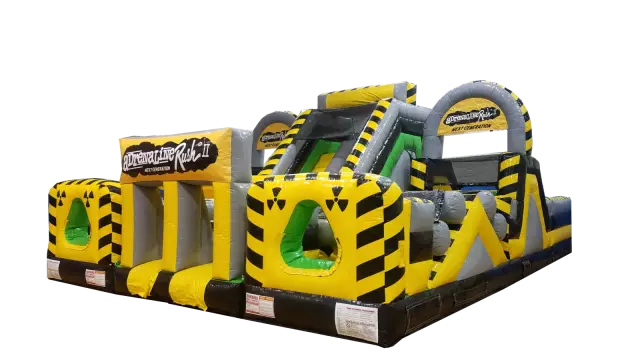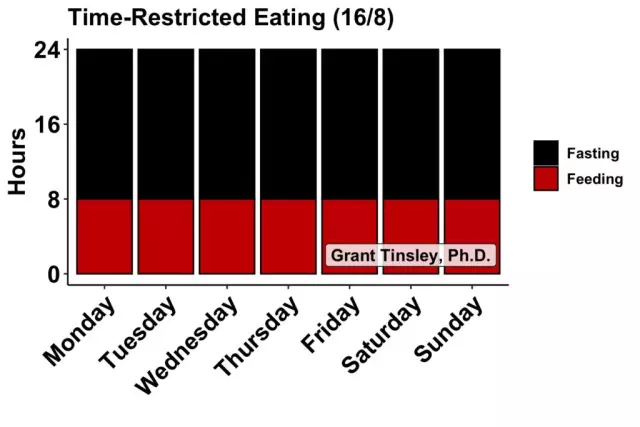- Author Rachel Wainwright wainwright@abchealthonline.com.
- Public 2023-12-15 07:39.
- Last modified 2025-11-02 20:14.
Adrenaline rush: benefit or harm

Each of us has had to experience a strong feeling of fear, or extreme surprise, bordering on shock - in physiology, such reactions are called "fight or flight" reactions. For example, someone jumps at your feet from the darkness of the corridor at night when you go to the toilet - in a few seconds you will guess that it was just a cat, but in the first moments you will experience just this type of reaction. The release of adrenaline, one of the adrenal hormones, is responsible for these incomparable sensations.
The release of adrenaline triggers a complex response from the nervous and cardiovascular systems. First of all, there is a sharp narrowing of the peripheral vessels and the expansion of the vessels of the brain, which can be characterized as follows: the body redirects blood to the brain to provide it with enhanced nutrition in a stressful situation. Blood pressure rises sharply, which helps provide the brain with extra blood. As a result, a person quickly concentrates and thinks hard.
The heart rate increases, additional glucose from reserve stores enters the blood, which serves as a strategic source of energy. It energizes the heart and skeletal muscles. Thus, a person, even having been tired before, feels fresh and collected, ready for the most active actions after the adrenaline rush. At first glance, it may seem that this is very good for the body, since it refreshes and mobilizes it. In fact, not quite so.
The release of adrenaline stimulates the body, but also depletes it, because energy is expended to ensure all such reactions. This is a survival mechanism, and in this respect it is extremely useful for humans. But if we can talk about the benefits for the body, then only when the release of a large portion of adrenaline occurs rarely. If this happens often, then the compensatory capabilities of the body are depleted, and the function of organs that are exposed to constant overloads suffers significantly.
Since the main "blow" of adrenaline falls on the cardiovascular system, it is she who suffers first. Stressful and shock situations are dangerous for people with heart and vascular diseases largely due to adrenaline - already unhealthy organs can simply not cope with the dramatically increased load, which often results in myocardial infarction or stroke. But even in a healthy person, the regular release of adrenaline gradually leads to the appearance of various diseases and disorders.
On the other hand, adrenaline can save a person's life, and therefore, as a medicine, artificial adrenaline is used in the practice of providing emergency care in emergency situations.
Found a mistake in the text? Select it and press Ctrl + Enter.






